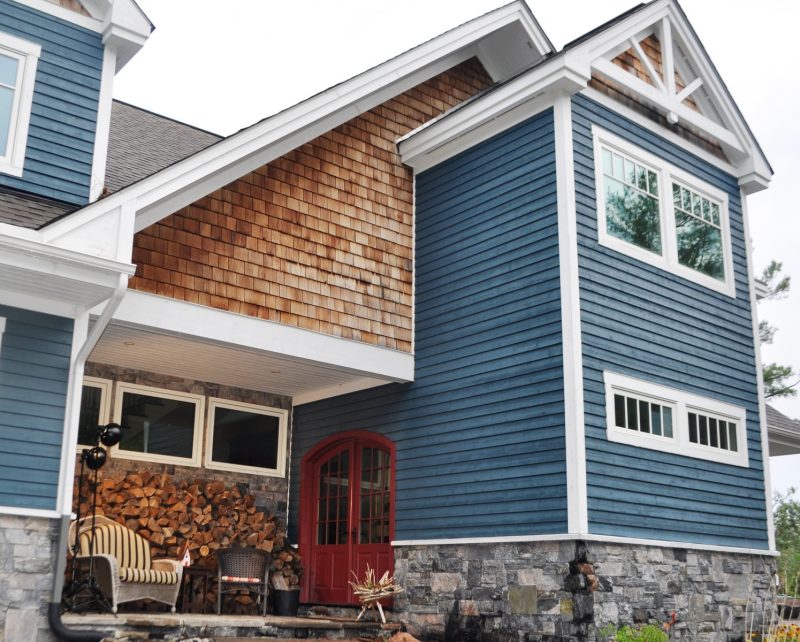Finding the right architect to help you bring your vision to life is an important investment, but most architects will tell you that the more engaged their client is, the better the results.
There’s a lot you can and should do to ensure the construction of your house or cottage turns out just as you want it to, on time and on budget. That begins with a clear understanding of the architect’s scope of work, from preliminary designs to their role during construction and how the design process will unfold.

Understand how the architect will charge for his services and what is and isn’t included in his fees. It’s important to know that architects put more work into construction drawings than one might expect to ensure residences are built to increasingly demanding specifications. Get an indication as to at what point you should have a confirmed cost for the work.
Be available. Review drawings and material suggestions promptly. Recognize your own intuition regarding the design. Provide the measurements of rooms you like, share ideas about how you plan to use each space and speak up if there’s something you don’t like. It’s much easier to make a change during the planning stage than after construction has begun. Ask questions. The better you understand the design upfront, the less likely you’ll be disappointed at construction time.
Be decisive. If you’re having trouble reaching a decision, let your architect know. He may have information or strategies that can help break the log jam. There may be 10 different ways of doing something but once you’ve given your stamp of approval, don’t second guess your decision. It’s more expensive to sort out things like structural work and interior finishes on the construction site and you also risk running out of time to make effective decisions. Hammering out those details beforehand always results in a better project.
Find out how your architect will manage the budget and what criteria she’ll use to establish priorities and make design decisions. Does she regularly integrate low or no-cost sustainable design strategies into projects? Technologies like green roofs, super-insulated panels and new glass technology can reduce the property’s operating costs and carbon footprint but make sure you know how upfront costs might affect the construction budget as well as expected payback times.
Know who from the architecture firm you’ll be dealing with on a regular basis. Will that person design your project? To avoid conflict that might arise from different management styles, decide how the project will be managed, including how you’ll communicate with one another and how often. Ensure you have full contact details for your main contact – and vice versa – in can you need to reach one another urgently. Designate the person responsible for signing off on decisions.
Rapport matters. Make the effort to get to know your architect and to let him get to know you. It’s not unusual for architects to meet clients for dinner at interesting locations and, if they’re building a cottage, to go for a swim or cast a line at the lake. Having an easy, flexible, personal and personable process goes a long way to realizing your vision, pushing ideas further and overcoming any hurdles you may encounter along the way.
By James Pitropov

Lakeside Architecture http://lakesidearchitecture.ca
Latest posts by Canadian Home Trends (see all)
- Understanding The Importance of Great Design - February 12, 2026
- The Green Effect: To Clean or Not to Clean - February 12, 2026
- Functional Warm Addition - February 12, 2026






